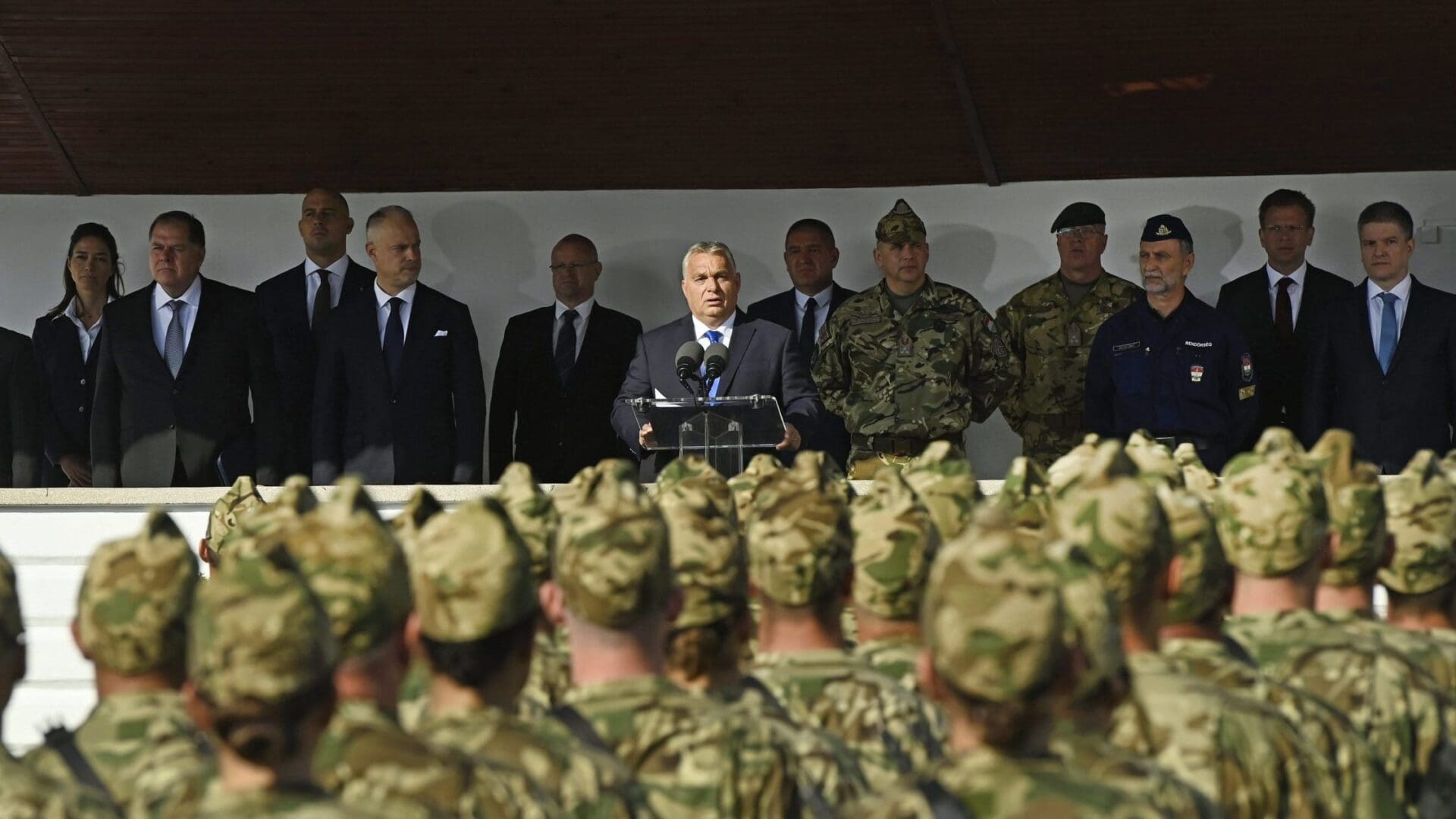
Hungarian Military Expenditure May Soon Exceed Two Per Cent of the GDP
The Hungarian force development programme essentially aims at acquiring NATO-compatible equipment, increasing troops levels, and building a national defence industry.

The Hungarian force development programme essentially aims at acquiring NATO-compatible equipment, increasing troops levels, and building a national defence industry.
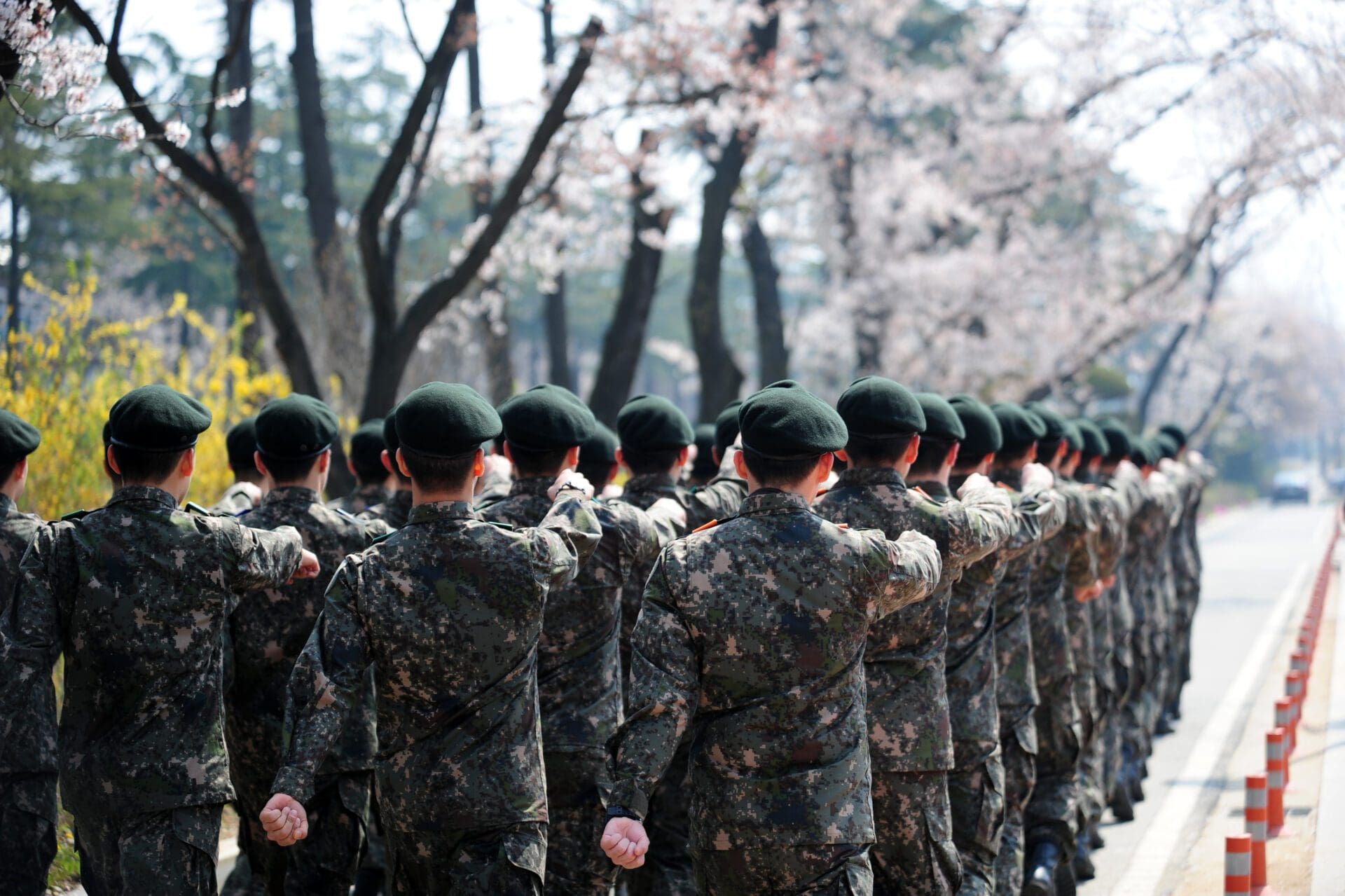
While joint US-Korean military drills were scaled down in the last couple of years, now they have returned in their past size as tens of thousands of soldiers train for a potential invasion of South Korea until 1 September. The drills are a show of force not only to Pyongyang, but to Beijing, too.
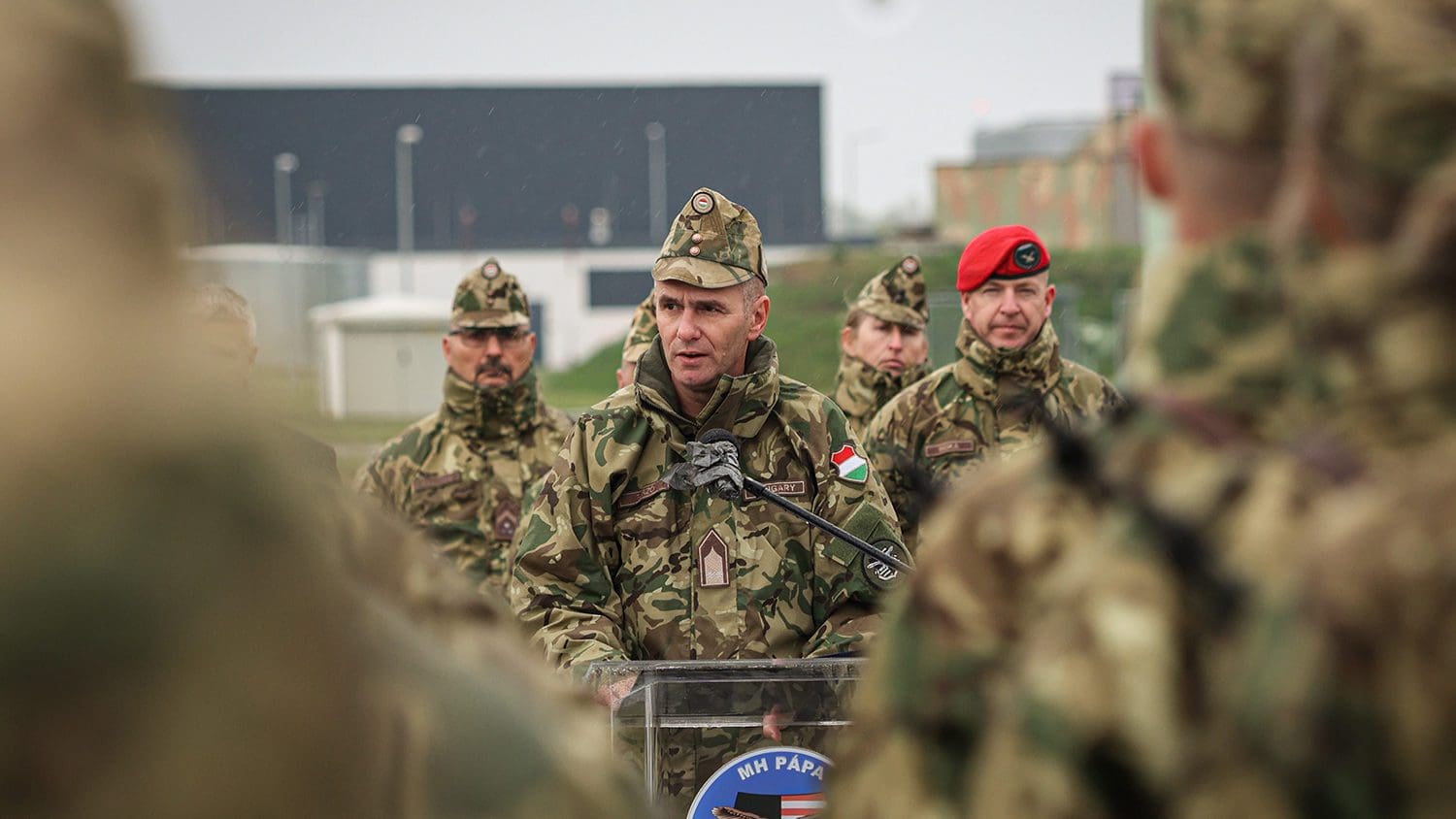
The Russian invasion of Ukraine forced most NATO members to reckon with the poor shape of their military and left them searching for quick fixes. Countless procurement programmes have been signed for new weaponry, but we’re still short of manpower. Compulsory service, perhaps even for women, may prove to be the only answer.
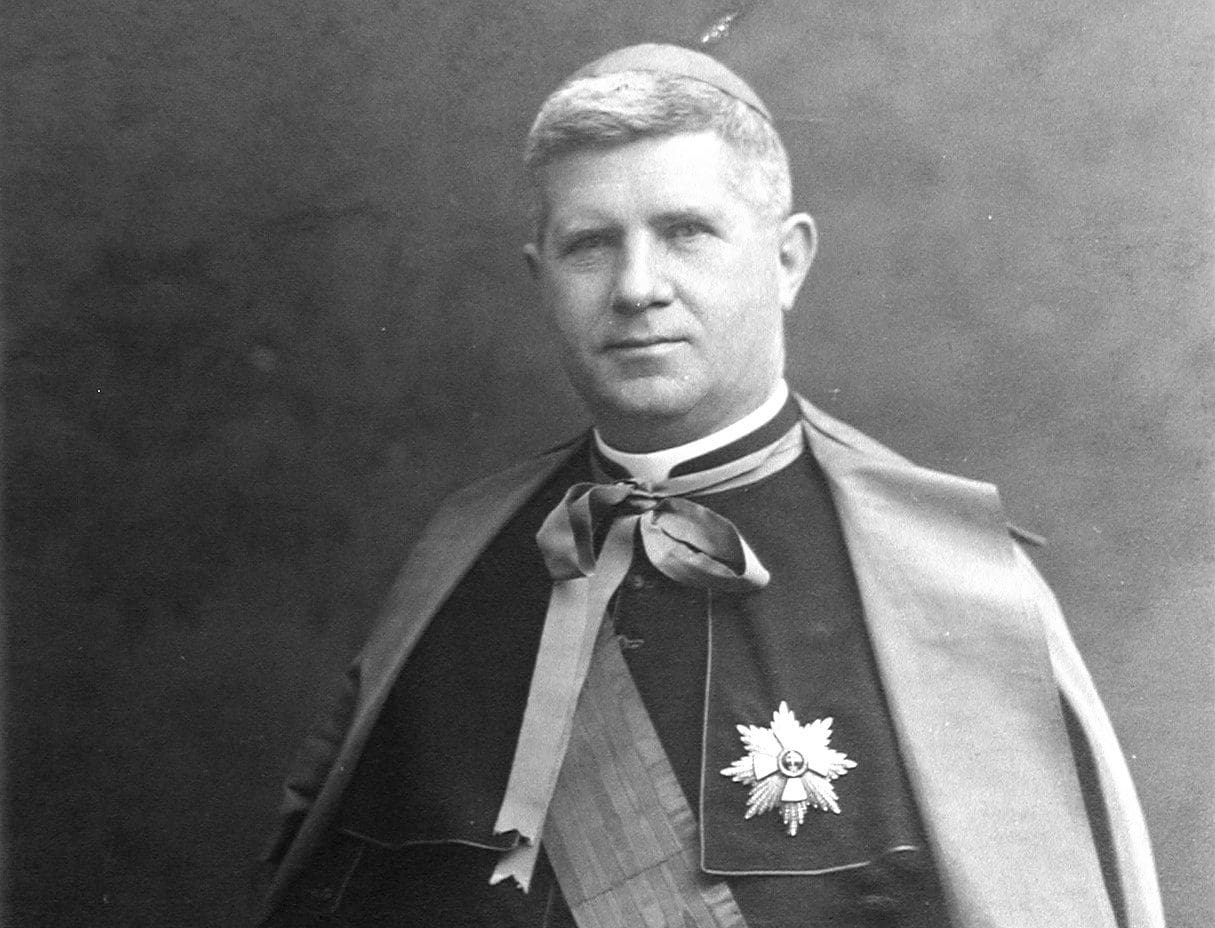
The story of Zadravecz’s controversial years well illustrates the fascinating internal debates and lively public life of the early Horthy period, as well as the divisions between Christian churches in a period which desperately called for Christian unity.
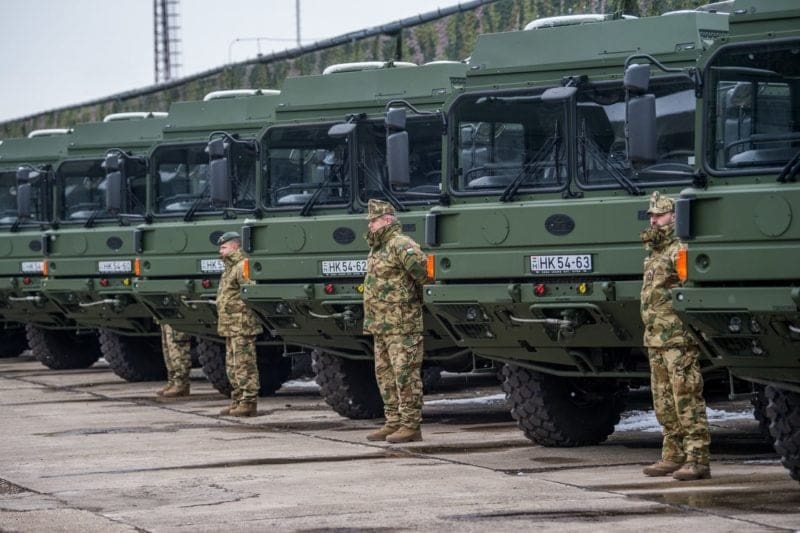
Upgrading the Hungarian military industry means that “Hungarians give Hungarian weapons to Hungarian soldiers”.
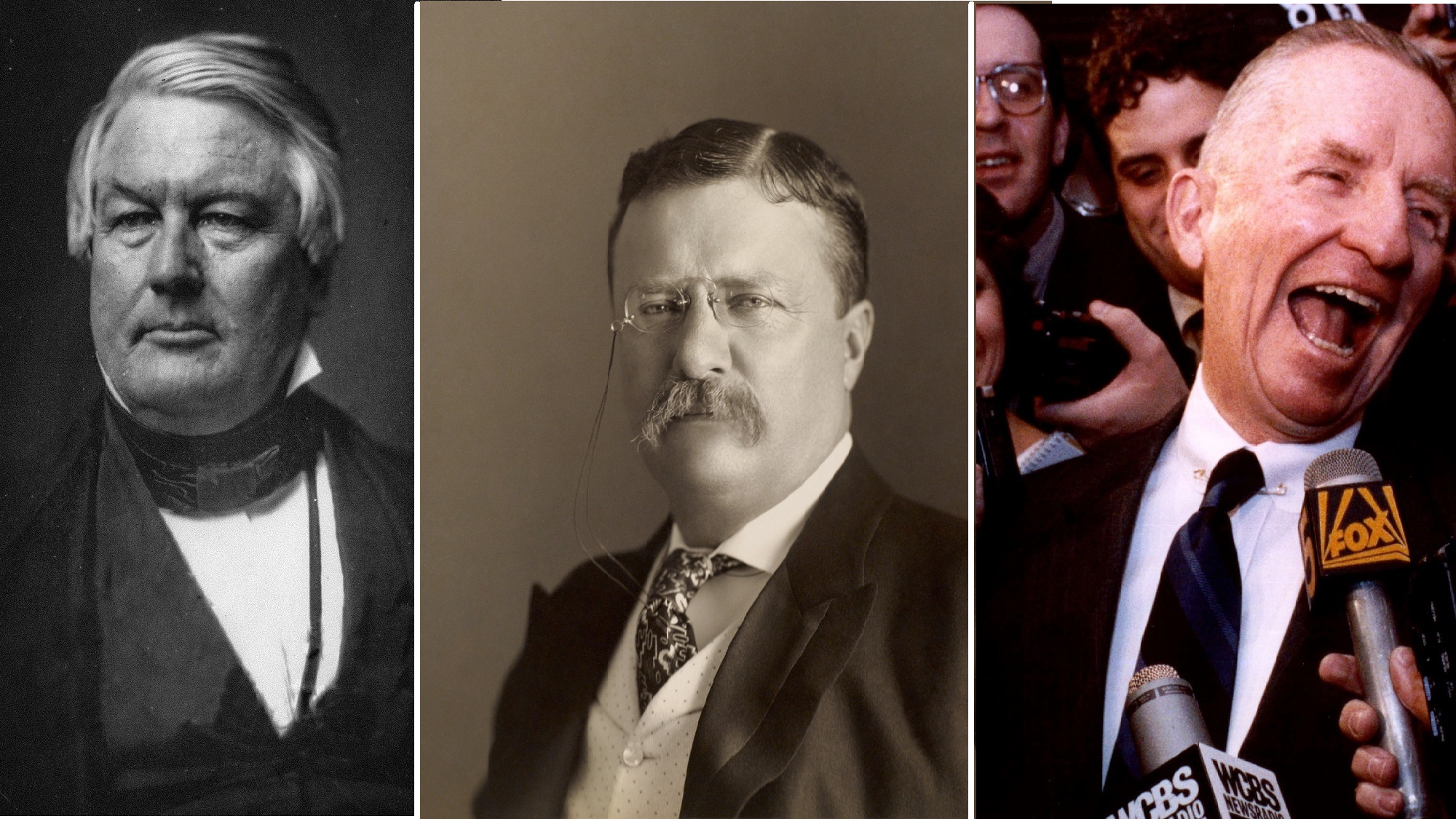
During his reignited feud with President Trump, Elon Musk suggested creating the America Party to challenge the two-party system in the US. On that occasion, let’s take a look at the most successful third parties in American history.
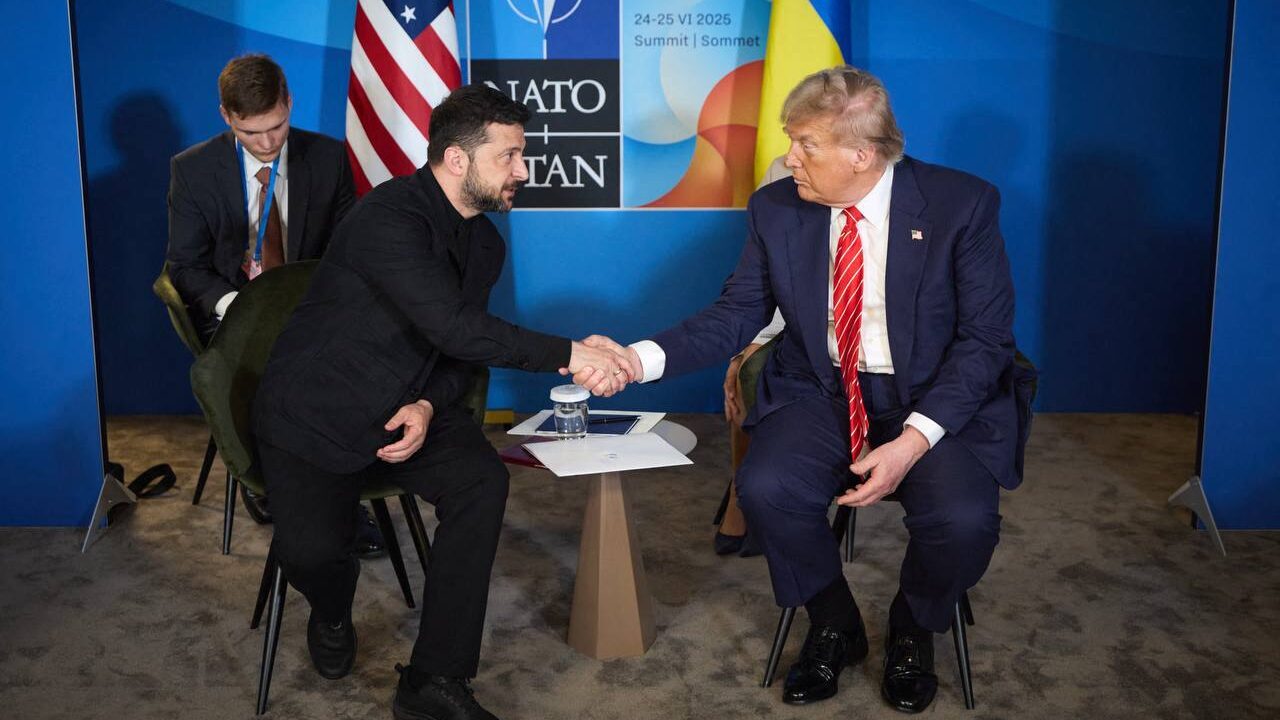
Russia’s capture of Shevchenko—site of a key lithium deposit—is alarming investors over the future of a US–Ukraine critical minerals deal. With further Russian advances, Donald Trump may face a tough choice: ramp up pressure on Moscow or risk the deal’s collapse.
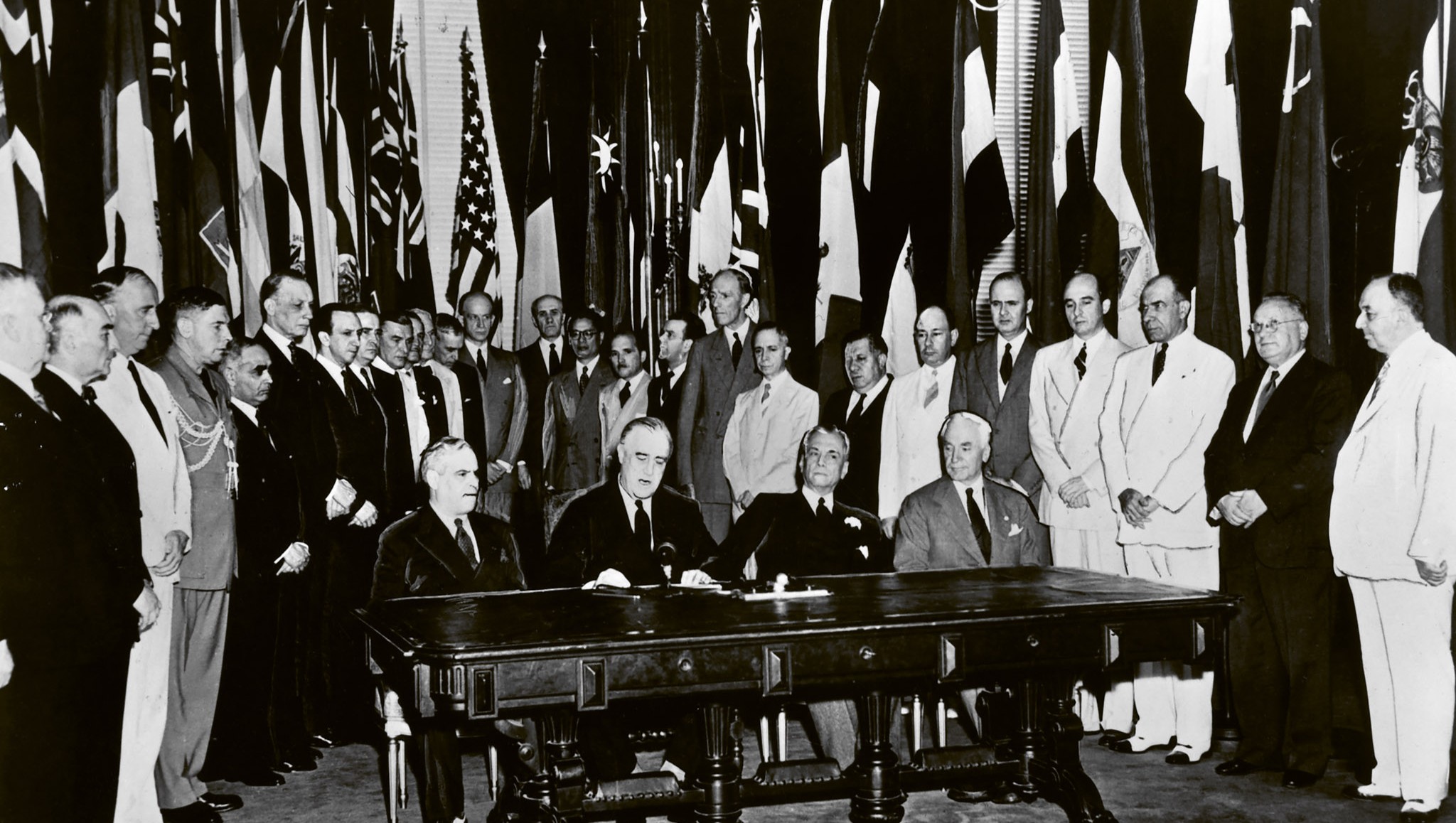
‘Europe stands at a crossroads as America retreats from NATO, immigration stokes domestic unrest, and the EU overreach alienates voters. SI offers a remedy: a continent where nations govern democratically, cooperate voluntarily, and secure themselves without external crutches, by grounding solidarity in national consent.’
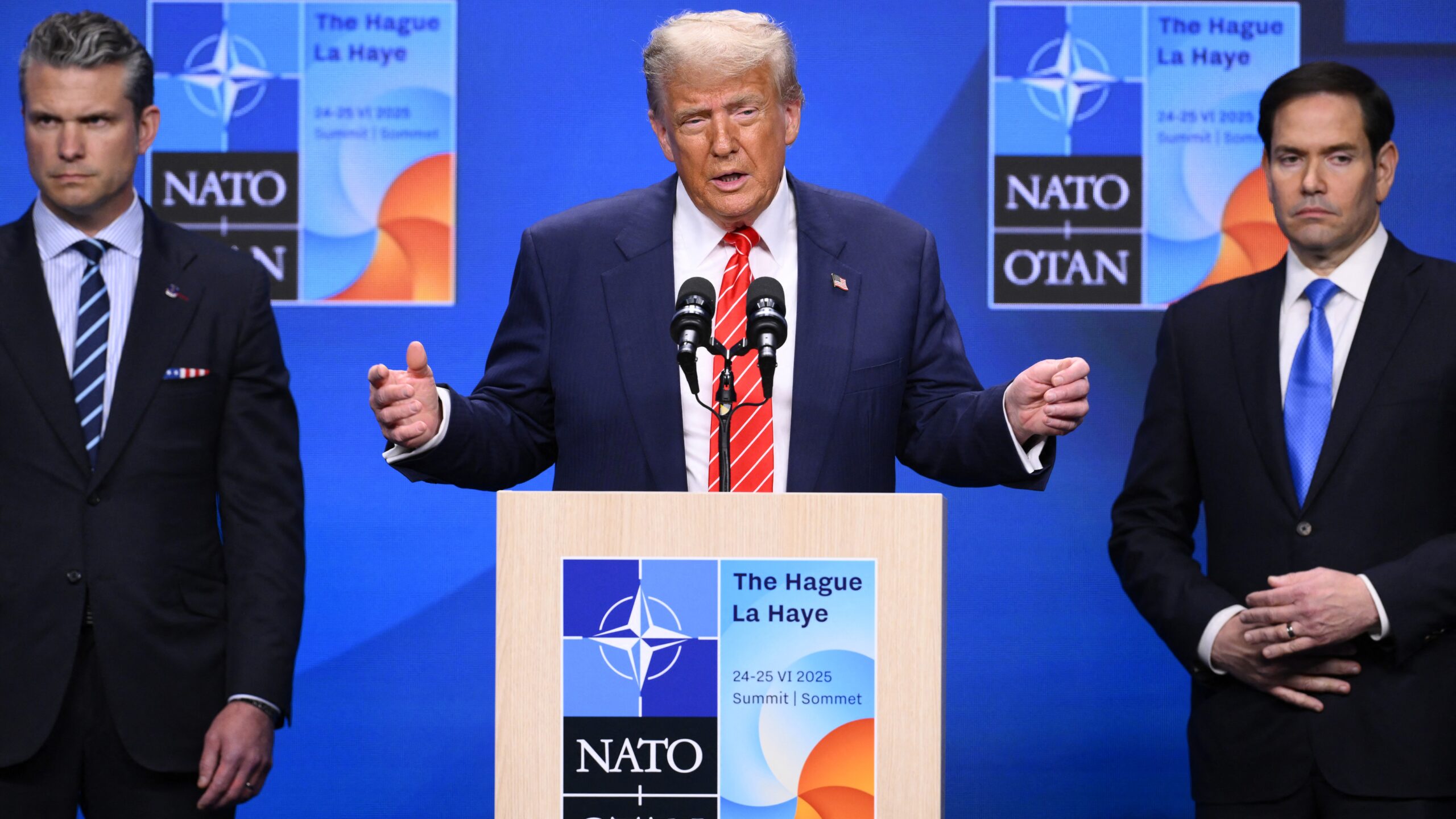
At the NATO summit in The Hague, leaders pledged record defence spending—5 per cent of GDP by 2035—marking the biggest shift since the Cold War. While Ukraine saw little progress toward membership, Donald Trump stole the spotlight with military success and strong support from allies, reshaping the summit’s focus toward core defence.
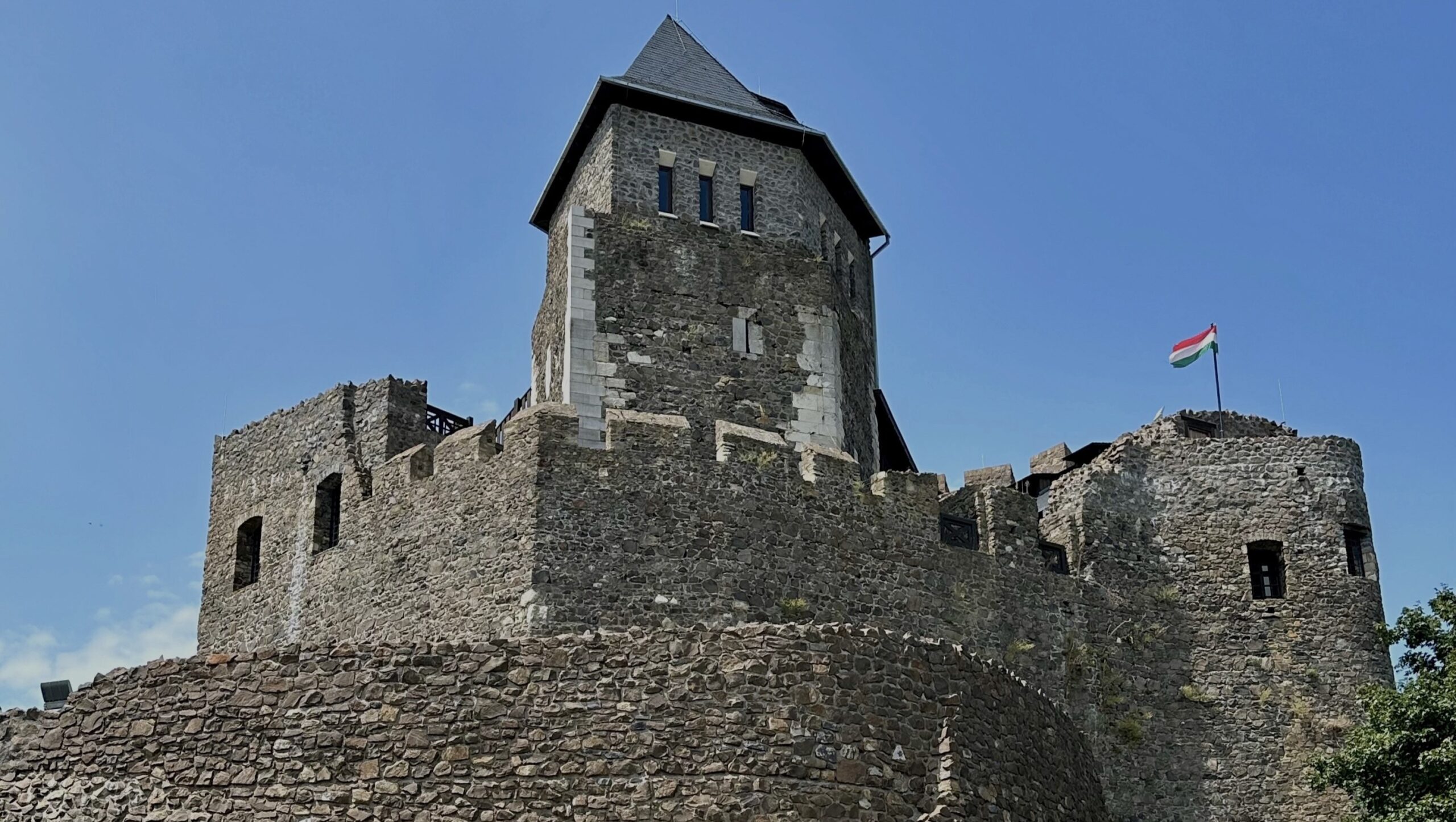
‘Hollókő Castle is a key site within Hungary’s National Castle Programme, a state-led initiative to restore and honour the historic strongholds that once defended our homeland. The planned third phase of the programme will further elevate the castle’s stature as a beacon of national remembrance.’

Hungarian Conservative is a quarterly magazine on contemporary political, philosophical and cultural issues from a conservative perspective.